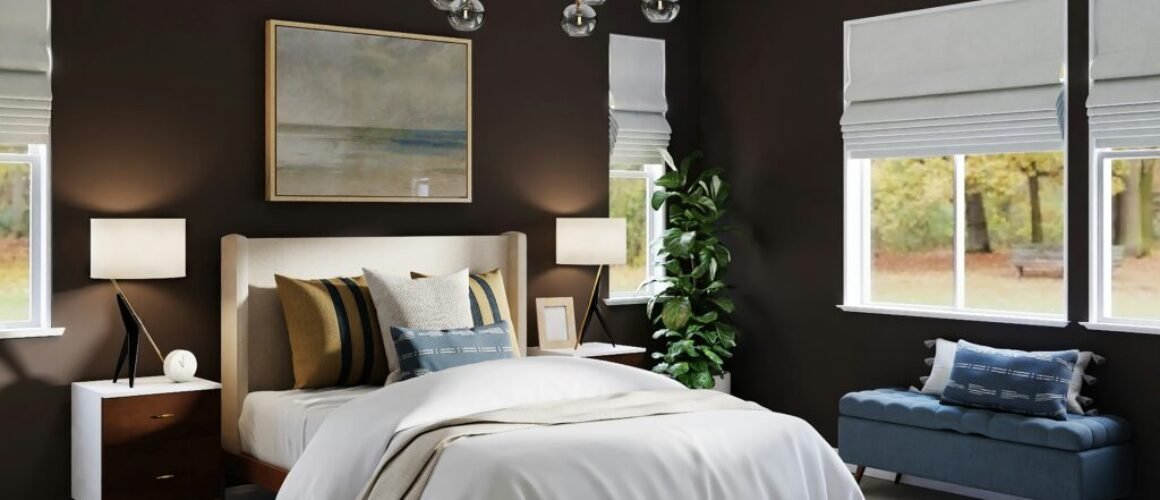Bedsheet Quality: Guide to Selecting the Perfect Bed Linens
Introduction:
Bedsheets are more than just a covering for your mattress; they’re an essential component of a good night’s sleep. But with a plethora of options available in the market, choosing the right bedsheet quality can be overwhelming. Quality is paramount when it comes to bedding, as it directly impacts comfort, durability, and overall satisfaction. In this guide, we’ll break down the various aspects of bedsheet quality to help you make an informed decision and ensure a restful sleep every night.
Thread Count: What Does it Really Mean?
One of the most commonly cited indicators of bedsheet quality is thread count. But what exactly does it signify? Thread count refers to the number of threads woven into one square inch of fabric, typically including both vertical (warp) and horizontal (weft) threads. While a higher thread count is often associated with superior quality, it’s not the sole determinant of a bedsheets’ performance.
While a thread count of 200 to 400 is considered suitable for most consumers, excessively high thread counts (above 800) may not necessarily translate to better quality. Instead, focus on factors like fabric type, weave, and finish, which can have a more significant impact on comfort and durability.
Fabric Matters: Understanding Different Materials
The type of fabric used plays a crucial role in determining the overall quality and feel of bedsheets. Here are some common materials to consider:
- Cotton: Known for its softness, breathability, and durability, cotton is a popular choice for bedsheets. Opt for long-staple cotton varieties like Egyptian or Pima cotton for superior quality and comfort.
- Linen: Ideal for hot and humid climates, linen bedsheets are prized for their moisture-wicking properties and cool, crisp feel. While linen may feel slightly rough initially, it softens over time with washing and use.
- Microfiber: Made from finely woven synthetic fibers, microfiber bedsheets are affordable, easy to care, resistant to wrinkles and fading. However, they may not offer the same breathability as natural fibers like cotton or linen.
- Silk: Luxurious and indulgent, silk bedsheets are prized for their smooth texture and natural sheen. While silk offers unmatched softness and temperature regulation, it requires delicate care and may be prone to wrinkling.
Weave and Finish: Enhancing Comfort and Durability
In addition to thread count and fabric type, consider the weave and finish of bedsheets, which can significantly impact their performance:
- Percale: Characterized by a crisp, matte finish and tight weave, percale bedsheets offer a smooth, breathable feel perfect for warm sleepers.
- Sateen: Sateen bedsheets feature a lustrous, silky-smooth surface and a slightly heavier drape, ideal for a luxurious feel.
- Twill: Twill-weave bedsheets are durable and resistant to wrinkles, with a distinctive diagonal pattern that adds visual interest to your bedding.
Conclusion:
When it comes to selecting bedsheets, quality should always be a top priority. By considering factors like thread count, fabric type, weave, and finish, you can ensure that your bedding not only looks great but also feels comfortable and lasts for years to come. Explore our premium collection of bedsheets crafted from the finest materials and impeccable craftsmanship, and elevate your sleep experience today!

